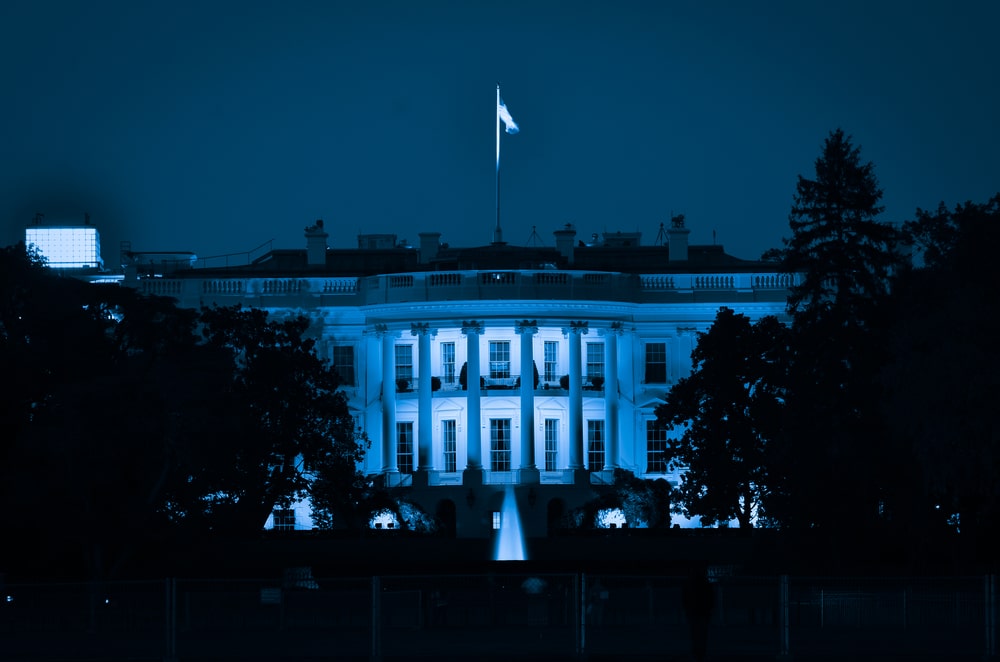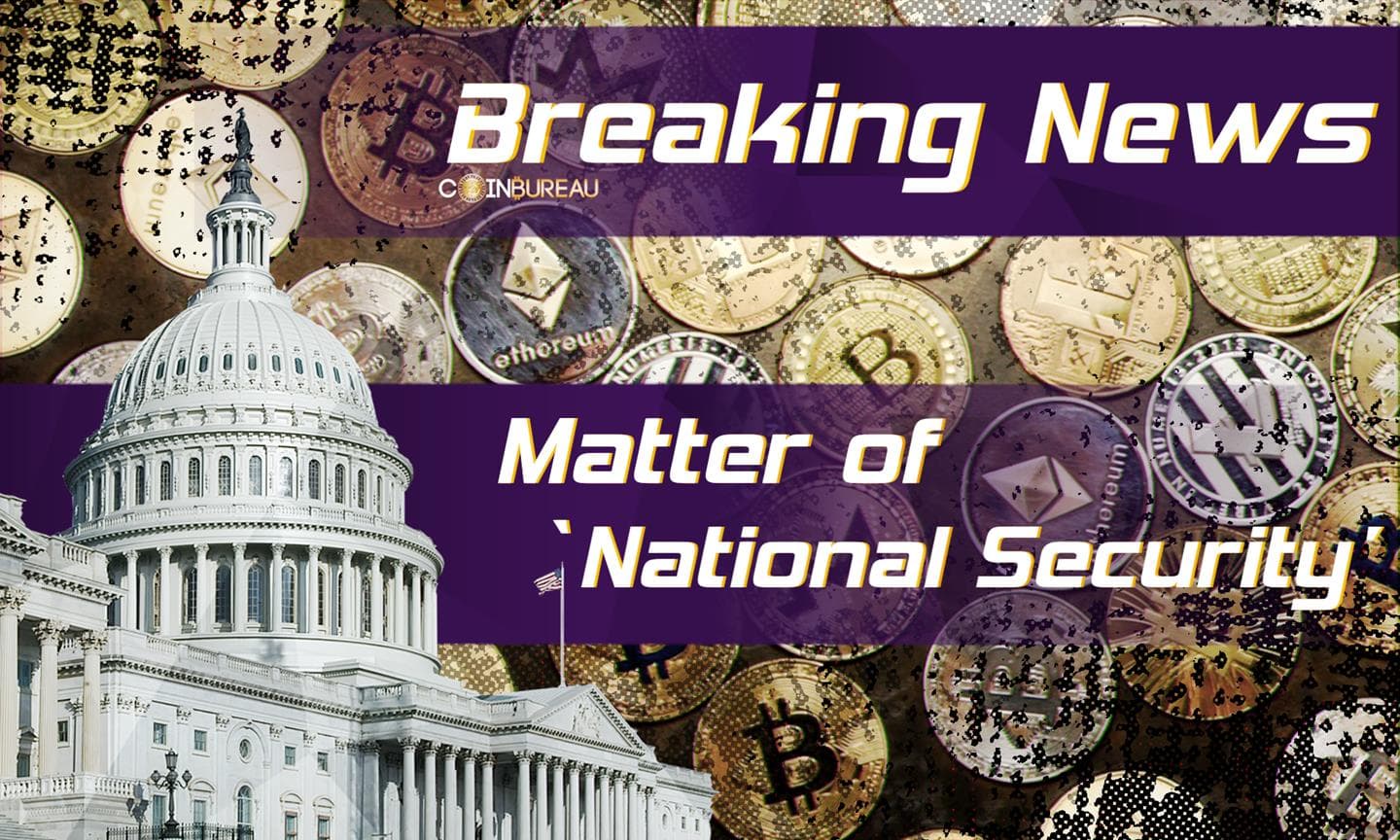President Joe Biden is expected to sign an executive order with a comprehensive outline on the regulation of crypto assets, according to reports from Bloomberg.
The order will instruct the Justice Department, Treasury and other government agencies to examine the legal and economic implications of creating a US-backed central bank digital currency (CBDC), according to sources from Reuters.
"We could see a significant shift in policy in 180 days. This is a likely step toward creation of a central bank digital currency."
the source said, citing significant momentum behind such a move inside the presidential administration.
Bloomberg revealed last month that the rollout of President Biden’s crypto executive order was slowed down because of a rift between the White House and the Treasury. Sources said that Treasury Secretary Janet Yellen thought an executive order focused on CBDCs was unnecessary.
Yellen reportedly also said that since the Federal Reserve is still researching CBDCs, more time should be allowed to let the agency develop its stance. Yellen’s team reportedly told the White House that the Treasury, along with the U.S. Securities and Exchange Commission (SEC), had made progress on creating more clarity on US regulation regarding digital currencies.
 Image via Shutterstock
Image via Shutterstock
The expected executive order comes as war in Ukraine generates more attention on the crypto space, with questions of whether or not bad actors in Russia are able to use the technology to circumvent economic sanctions.
In a recent blog post, Coinbase, the US’ biggest crypto exchange, said that it “fully supports [Russia sanctions] by government authorities”.
“Sanctions are serious interventions, and governments are best placed to decide when, where, and how to apply them.”
Coinbase’s chief legal officer Paul Grewal said that the exchange was committed to complying with sanctions by blocking access to sanctioned actors, detecting evasion, and anticipating threats.
Grewal also says that digital assets offer little advantage to those seeking to evade sanctions or commit financial crimes, given that they are public, traceable, and permanent, giving authorities an upper hand over aspiring criminals.
According to Grewal, these advantages make it unlikely that Russia, or any political adversary of the United States use crypto to evade sanctions.
“For example, the Russian government and other sanctioned actors would need virtually unobtainable amounts of digital assets to meaningfully counteract current sanctions,” he said.
“The Russian central bank alone holds over $630 billion in largely immobilized reserve assets. That’s larger than the total market capitalization of all but one digital asset, and 5–10x the total daily traded volume of all digital assets. As a result, trying to obscure large transactions using open and transparent crypto technology would be far more difficult than other established methods (e.g., using fiat, art, gold, or other assets). This doesn’t mean that bad actors can’t try, but circumventing restrictions on this scale would require massive purchases that would be prohibitively expensive and detectable, as this buying activity would likely lead to price spikes.”






